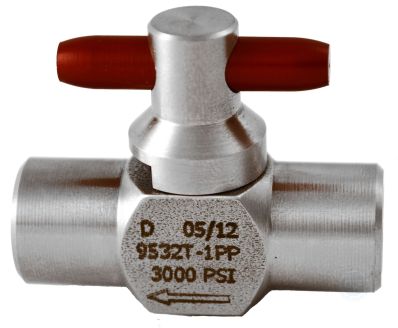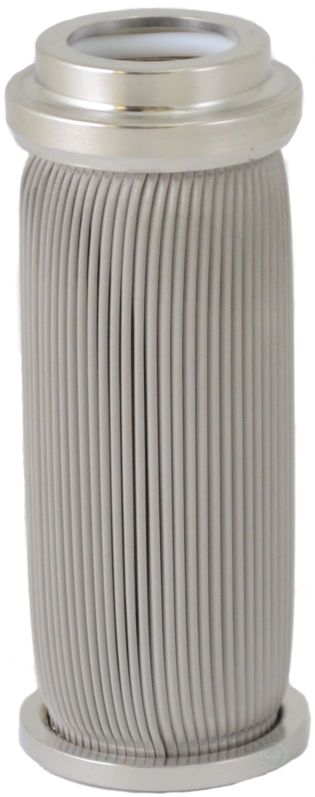Did you know that 99% of all valve failures result from contamination damage?
That number is just too high to ignore which is why system cleanliness is one of the most important aspects of any valve application. Filtration is used to separate particles and fluid in a suspension, where the fluid can be a liquid, a gas or a supercritical fluid, depending on the application, either one or both of the components may be isolated. Improper filtration can contaminate control valves used downstream resulting in valve malfunction and jeopardize the overall integrity of the process. The loss of production, due to the down time spent making repairs, can often be more expensive than the initial cost of preventing the problem in the first place. So, how clean is clean? For optimum valve performance and longevity, a 20 micron nominal filter or better should be installed upstream of the valve(s).
Another example where filters should ALWAYS be used is when incorporating a gas cylinder in your application; the gas may be clean going in the cylinder, but it’s not always clean when it comes out. Often overlooked is the fact that a system may also become contaminated simply by the installation of a valve! Something as simple as the introduction of a small amount of PTFE tape or metal particles can damage a valve with a seal or plastic seat in it. Contaminants can also be generated from components experiencing abrasive wear, adhesive wear, erosive wear and cavitation wear, which is why Circle Valve Technologies recommends adding a filter to any application.
Filters come in a number of different styles to accommodate the end user.
Inline filters are commonly used where space is limited.
Applications where a system includes equipment, valves, gauges and instrumentation find these styles most effective.

Tee-Type filters are often found on hydraulic return lines, lube oil systems and sampling systems. The filter elements, also known as a cartridge, can be easily replaced without removing the body from the system. This can present a significant cost savings when comparing the minimal down time required during schedule maintenance to that of other styles.
Lastly, Spin-on filters are used as process and safety filters to protect individual pumps, valves or the entire hydraulic circuit. These also allow easy maintenance with short operating interruption.
Give us a call and our technical support team will help guide you to the best filter for your application.
Circle Valve Technologies
[email protected]
800-645-6733




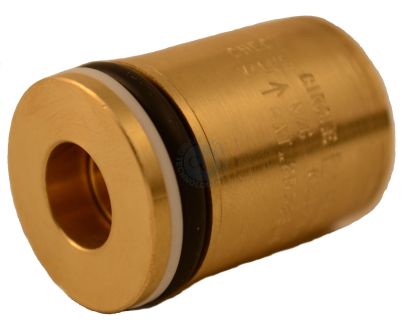










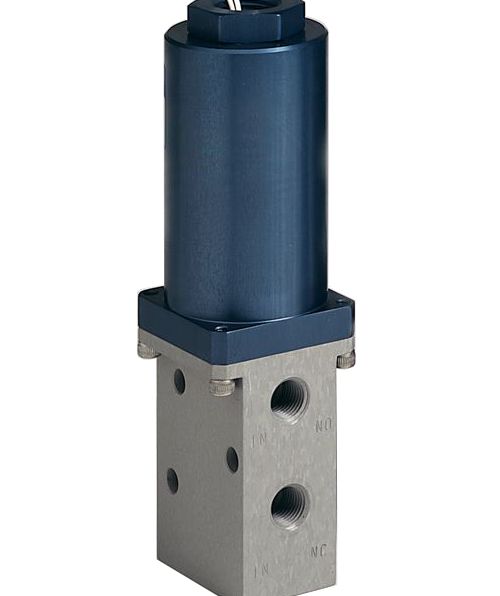











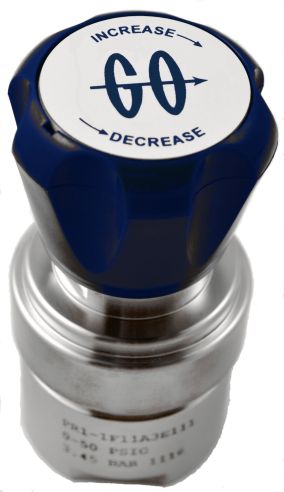
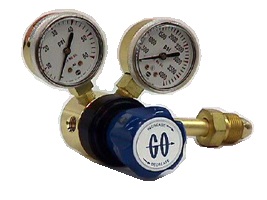

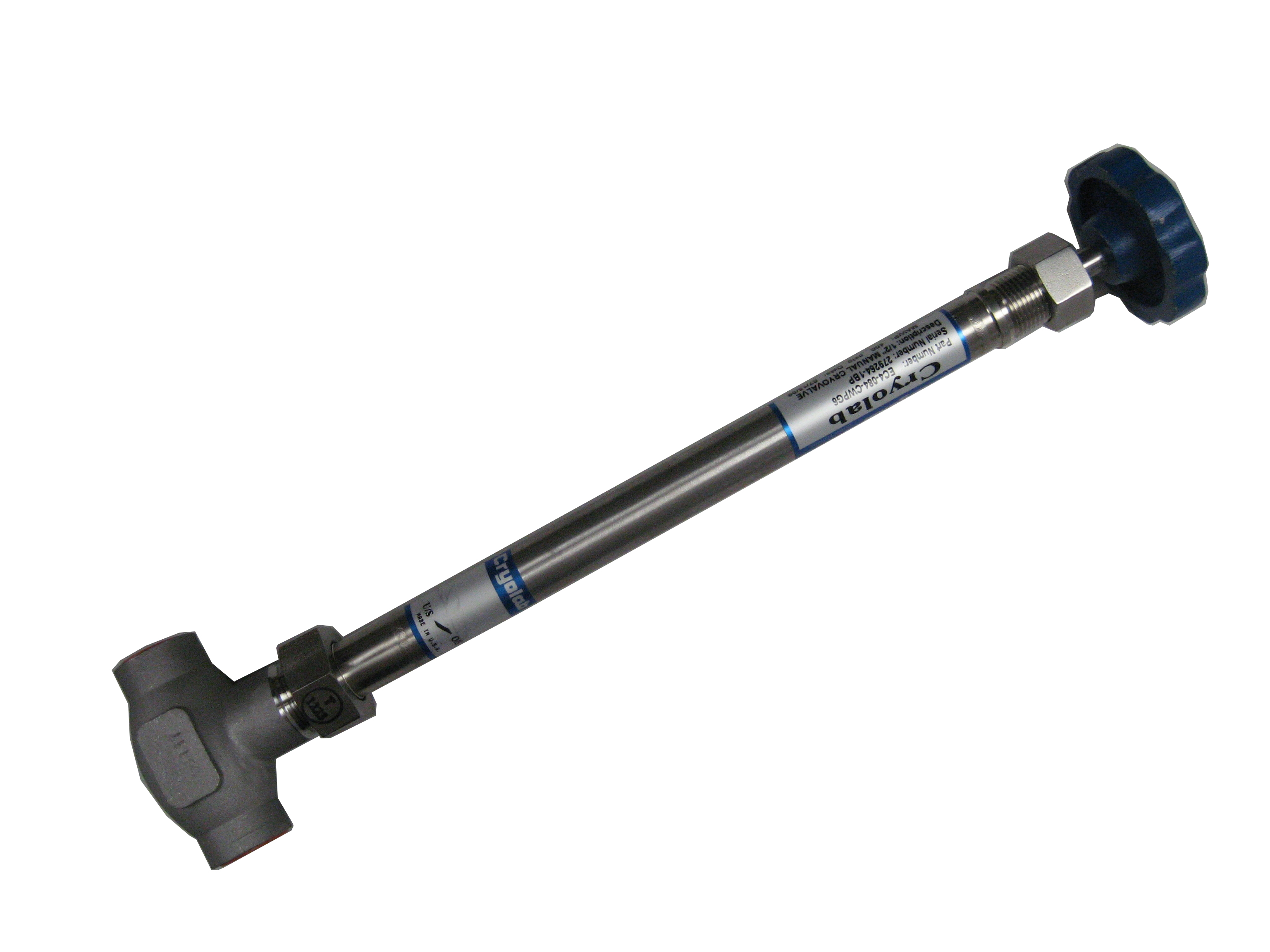



















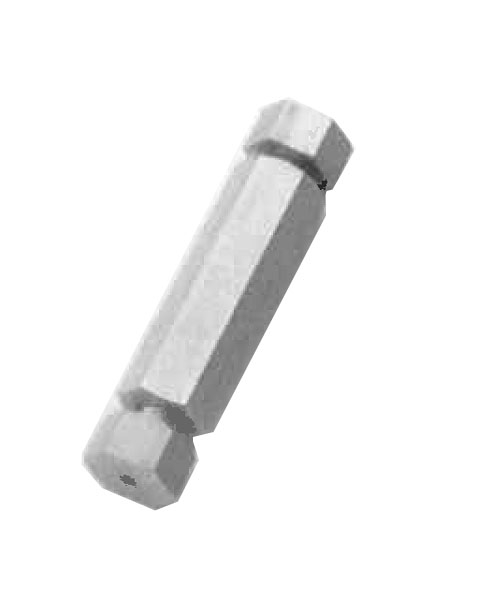



.jpg)
